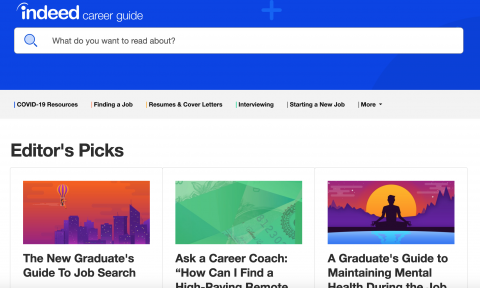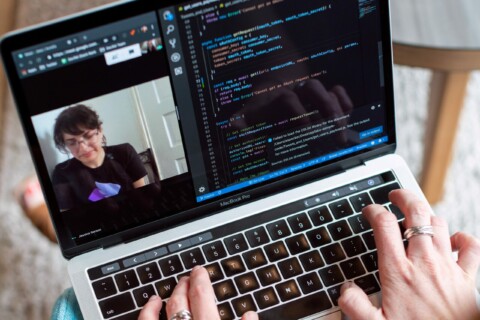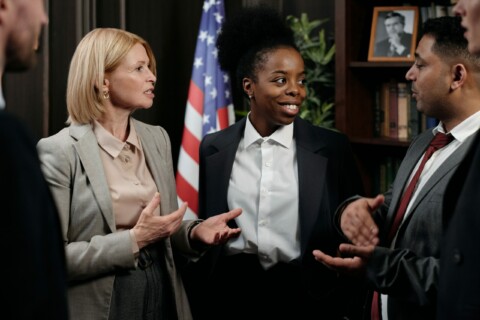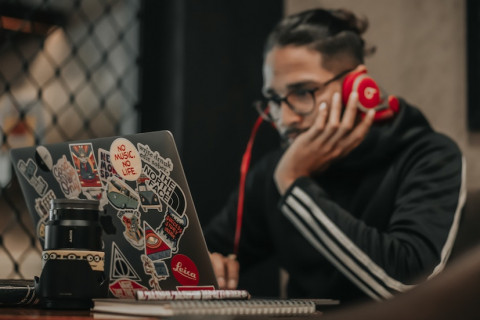Getting Started with Cover Letters
Cover letters are your opportunity to demonstrate your enthusiasm, qualifications, and interest for a specific role to potential employers. Cover letters allow the reader to get a sense of who you are and what you bring to the table. At its core, the cover letter is a way for you to tell your story and convince an employer to offer you an interview.
Preparing To Write A Cover Letter
First, research the organization/employer and the specific job posting and reflect on what you have to offer. Make a list of things that attract you not only to the position, but the employer or organization as well. Examine the qualifications that are listed and highlight the ones that stand out as being critical towards your ultimate success. Keep in mind that skills and qualifications come from your classroom experience, extracurriculars, volunteer work, summer jobs, internships and research.
Introductory Paragraph
Introduce yourself and hook the reader! Refrain from using phrases like “my name is” and be sure to mention why you’re applying for the position. Show off some of the research you’ve done by explaining why you’re interested in the company or organization and highlight any connection you may have to the company such as a mutual acquaintance or someone who referred you.
Body of Letter
This is where you make your case and illustrate that you’re the best candidate for the job. Connect the job qualifications/duties that are listed to your qualifications. Your statements should point to concrete skills and experiences that you detailed on your resume while connecting them to the position and focusing on what you can bring to the organization. If you’re inquiring about a position, be specific about what you want to do and why you’re qualified to do it. If you have a lot of experience, two paragraphs may be warranted.
Closing Paragraph
Again – make a connection to the job/employer. Ideally, you want to take a proactive approach and write that you will follow up on your application if you have the appropriate contact information to do so. Reiterate your interest and enthusiasm, provide your contact information, and close by thanking them for taking the time to read your credentials.
Things To Keep in Mind
Cover letters are most effective when they’re specifically tailored to the employer, faculty member, or position you’re seeking. Avoid writing a generic template and simply filling in the blanks. When possible, address your letter to a specific person and be sure to proofread, as any typos can ruin your chances of landing an interview. Cover letters can be sent as an attachment, uploaded, or sent in the body of an email. If you uploaded to a website, make sure the formatting matches your resume. Some industries are more formal than others, so use the appropriate tone in your letter. Lastly – remember that Greene Center advisors are a great resource for industry-specific feedback!
















